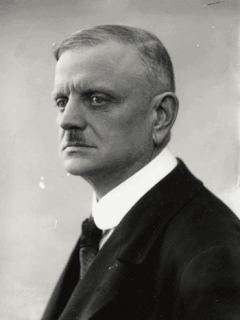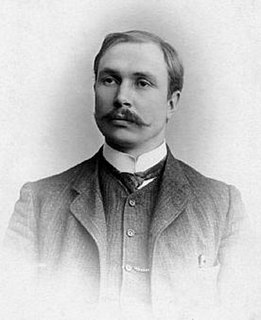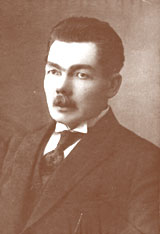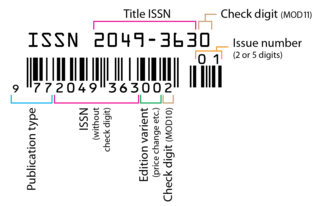
Yrjö Fredrik Nurmio (29 April 1901 in Raisio – 15 June 1983 in Helsinki) was director of the National Archives of Finland 1949–67 and an acting professor in history in 1949. In 1949 he also received the honorary title of professor. He was a brother to Heikki Nurmio.

Raisio is a town and municipality in south-western Finland and an important junction of major roads. The town has a population of 24,219 and is located in the region of Southwest Finland, neighbouring the region's capital, Turku. The town's land area is 48.76 km2 (18.83 sq mi), and has about 5 kilometres (3 mi) of coastline to the Bay of Raisio on its southern tip.

Helsinki is the capital city and most populous municipality of Finland. Located on the shore of the Gulf of Finland, it is the seat of the region of Uusimaa in southern Finland, and has a population of 648,650. The city's urban area has a population of 1,268,296, making it by far the most populous urban area in Finland as well as the country's most important center for politics, education, finance, culture, and research. Helsinki is located 80 kilometres (50 mi) north of Tallinn, Estonia, 400 km (250 mi) east of Stockholm, Sweden, and 390 km (240 mi) west of Saint Petersburg, Russia. It has close historical ties with these three cities.

The National Archives of Finland is a Finnish government agency under the Ministry of Education and Culture. It is responsible for archiving official documents of the Finnish state and municipalities. It consists of three locations in the capital Helsinki and seven former regional archives, which were incorporated into the National Archives in 2017 and have since been its branches.
In his historical research Nurmio has foremost treated censorship in Finland and the position of the Finnish language during the Russian time 1809–1917. The censor ordinance of 1850 forbade publication of literature other than spiritual and economical. The Finnish people was not to take part in writings that was critical to the society.
He wrote a book about it in 1947 where he tried to find out if it was Finnish or Russian officials that created the ordinance.
Nurmio has even treated the relationship between Finland and Germany 1917–1918 in (Suomen itsenäistyminen ja Saksa, 1957).

Finland, officially the Republic of Finland is a country in Northern Europe bordering the Baltic Sea, Gulf of Bothnia, and Gulf of Finland, between Norway to the north, Sweden to the northwest, and Russia to the east. Finland is a Nordic country and is situated in the geographical region of Fennoscandia. The capital and largest city is Helsinki. Other major cities are Espoo, Vantaa, Tampere, Oulu and Turku.

Germany, officially the Federal Republic of Germany, is a country in Central and Western Europe, lying between the Baltic and North Seas to the north, and the Alps to the south. It borders Denmark to the north, Poland and the Czech Republic to the east, Austria and Switzerland to the south, France to the southwest, and Luxembourg, Belgium and the Netherlands to the west.












